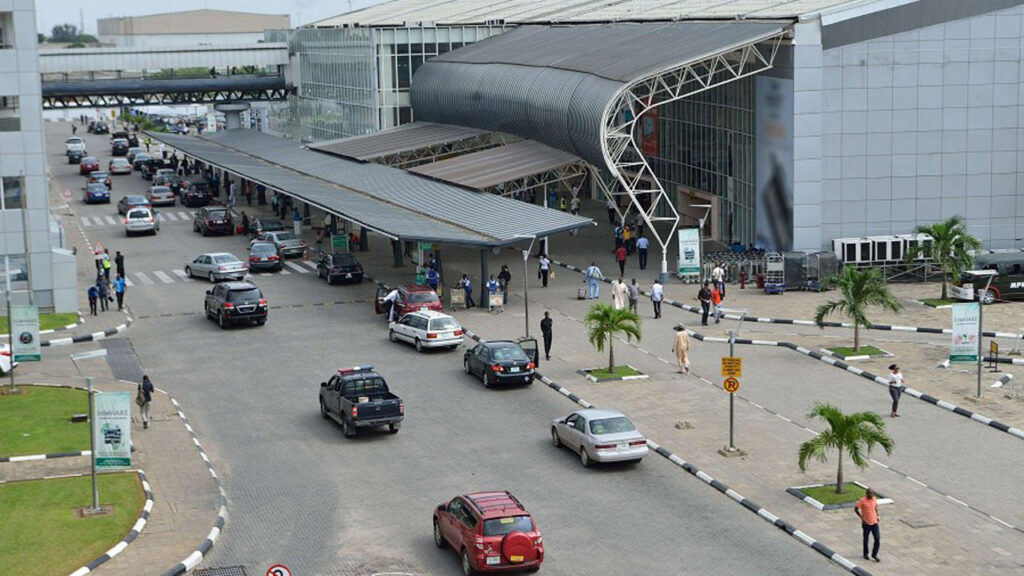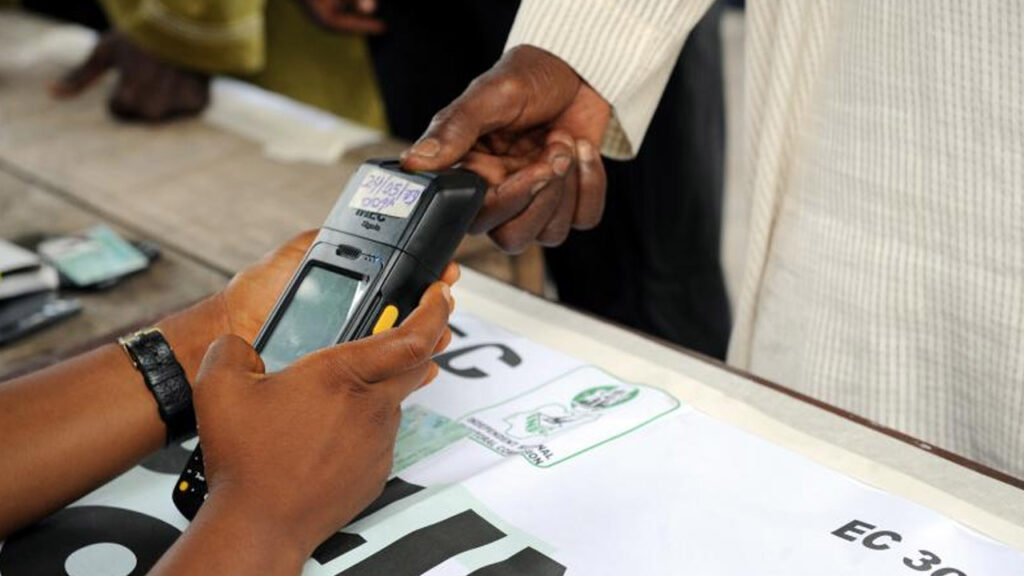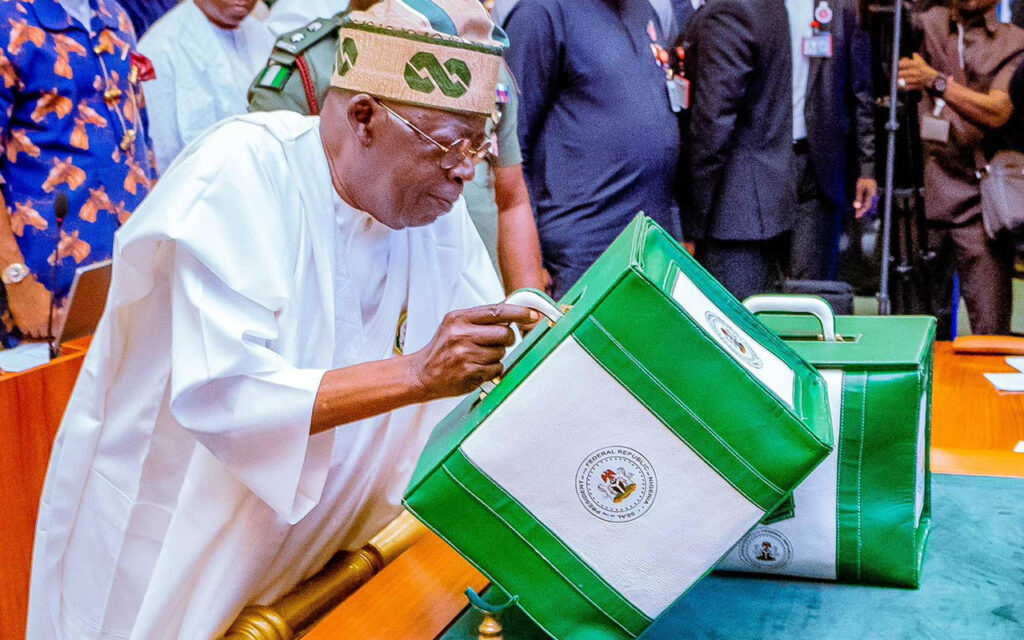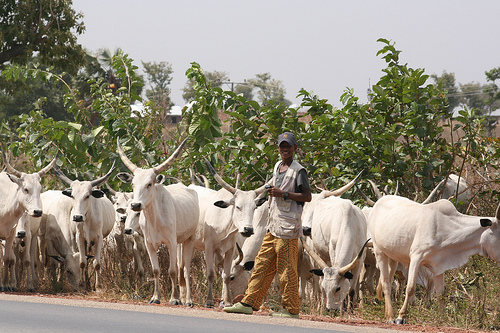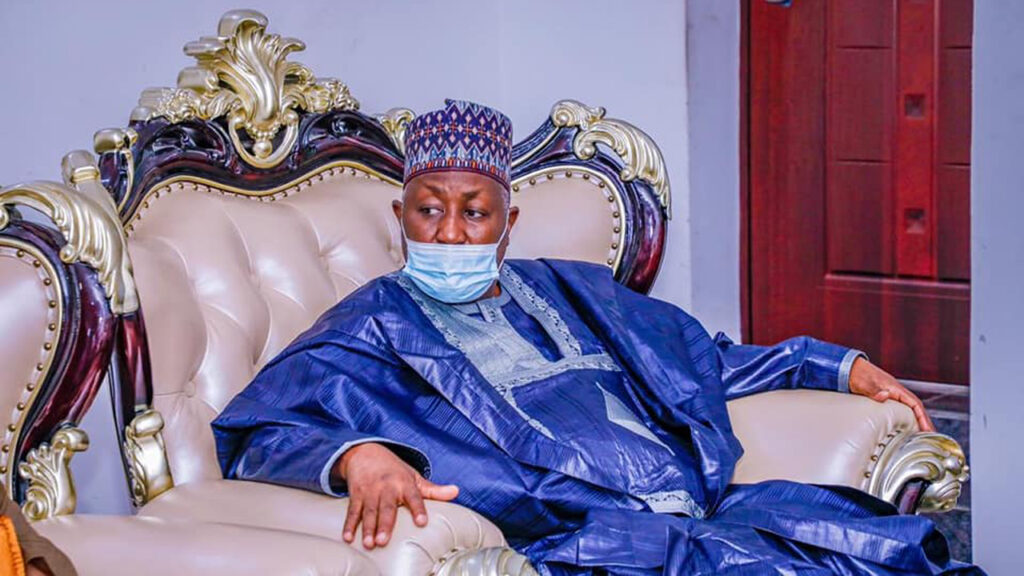
This year’s festival of the ram (as the Eid-el Kabir is otherwise called) for Muslims all over the world, should hopefully serve as a refresher for Nigerians, from series of bad occurrences that they have had to contend with in the last one year. At least, they have two days to play with as public holidays, even though they may turn out to be two dull days. For one, most families have been touched by one tragedy or the other from which they are still reeling. And two, there has been a sharp drop in standard and condition of living that do not warrant the celebration that the occasion normally offers. But the period remains one of festival, albeit a period of deep reflection.
Apart from the political, economic and social gloom enveloping Nigeria, there is cause for all Muslims to recall the genesis of Eid-el-kabir as a deeply religious one in which the faithful are tasked to submit themselves totally to the will of Allah, in good times and in bad times. Muslims must also believe in the power of prayer and the ability of the Almighty God to change destinies; in particular, to render an otherwise hopeless situation into one of joy and happiness. Above all, the eternal lesson is to praise and glorify God at all times and in all occasions as the only one worthy of such praise.
One of the lessons of Eid el-Kabir is the demonstration of God’s infinite mercy on mankind, as borne out of his message to Prophet Ibrahim (may Allah’s peace rest on him) who repeatedly saw in dreams God asking him to sacrifice his son, Ishmael for God. At the time, Ishmael was the only son and both Ibrahim (he was 95 years when he had Ishmael) and his wife were old. Surely, it was a time of great tribulation for the couple; more particularly for the son, Ishmael, who was informed of his father’s intention to obey the call of Allah and use him as sacrifice.
It was to the credit of Ishmael that he never questioned his father or God for any motive. Rather he submitted himself as a sacrificial lamb. For Ibrahim, who was about to lose his hard-born child, the consolation was that it is God that giveth and it is him that taketh at will. Mercifully, having been satisfied of the family’s total submission to his will, Allah miraculously provided a ram to replace Ishmael, just at the point of his intended slaughtering. The yearly festival of Eid-el-Kabir, therefore, is to enable Muslims to demonstrate their unflinching belief in God; and to sacrifice rams as offerings for the public at large, including family, friends and neighbours.
That is why under normal circumstance, the day should not be observed in excessive festivity or extravagance, considering that but for God’s mercy, the sacrifice of Ishmael would have had devastating effects on mankind. As much as possible, the slaughtered rams, or other animals (including cows, sheep and camels) approved for the same purpose, should be distributed raw or cooked, with only a fraction reserved for families and friends. In practice, there is no way the happiness and relief of God’s mercy would not translate into happiness, but this should be controlled and observed in moderation, lest it becomes sinful.
The Eid-el-Adha, another name for the same festival, is a time for renewal of piety, distribution of wealth and means of living to the indigent whose life may be more of disillusionment than cheerfulness. It is a time to raise hope, sacrifice and share to impact on people and bring smile to the faces of the poor and the depressed. It is also a time to rekindle faith in God and seek to obey all his commandments.
In this country very sadly, lack of good governance arising from selfish and ungodly attitude of elected and appointed leaders have imposed so much hassles on the average citizen; and precluded them from observing the tenets of Eid-el-Adha. For one, prices of ram and other animals, as well as all food items, are outrageous and beyond the reach of many Nigerians who have therefore psychologically and mentally tuned themselves from having any major benefit from the sacrifice. And to worsen their case, they cannot even travel at ease to their home towns, as they were used to doing, all because of insecurity and the fear of being kidnapped, attacked, rape or even killed.
It is tragic that these terrible vicissitudes are being daily visited upon the country and the government fails to protect Nigerians in line with the provisions of the 1999 Constitution that they swore to uphold. The president who could have made a difference in stemming the criminalities either turns a blind eye on them or expend energy and resources to chasing and killing Nigerians who complain about the perpetration of crime against their people. That attitude, whether deliberate or not is totally at variance with God’s injunctions exemplified in Eid-el-Kabir.
Nigerians are unable to perform the holy pilgrimage, or hajj, to Mecca in Saudi Arabia because of the ravaging global coronavirus pandemic. The hajj is closely tied to the festival because its timing coincides with the final rite of the pilgrimage, which is the pilgrims’ passage of Mount Arafat. The Buhari government can do more to save Nigerians from COVID-19. Importantly, the government should be more sincere, just, fair and honest in its acts of governance, to prevent the country from collapsing. Nigerians hope not to have to again observe religious festivals under the gruesome circumstances that they find themselves today.
The Guardian wishes all Muslims and indeed all Nigerians a happy Eid-el-Kabir.


